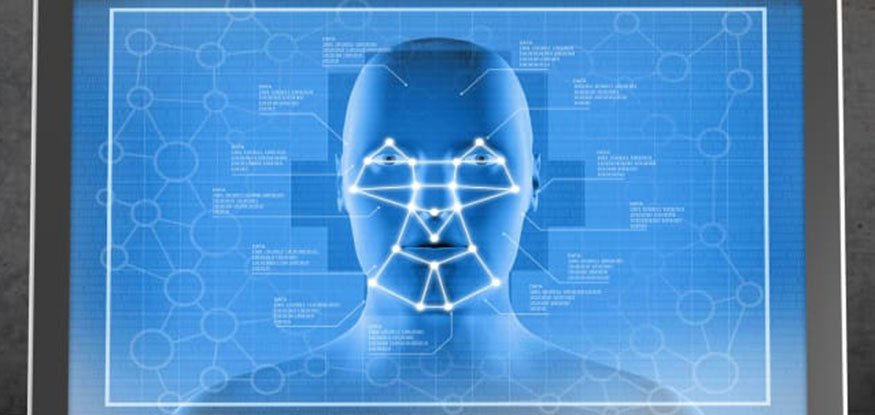China, home to one of the most advanced mobile payment infrastructure in the world, has adopted facial payment technology.
Chinese consumers often pay for most of their things with their mobile phones through QR codes. However, they have begun to roll out facial recognition payment technology nationwide.
Customers would have to pose in front of a point-of-scale (POS) machine which has cameras inside it, to make a purchase. The POS machines would link an image of their face to the customer’s bank account.
Chief Information Officer of Wedome bakery, Bo Hu, stated, “I don’t even have to bring a mobile phone with me, I can go out and do shopping without taking anything.”
He added, “This was not possible either at the earliest stage of mobile payment- only after the birth of facial recognition technology can we complete the payment without anything else.”
The software is known to be used widely within China to monitor citizens. The software has come under fire by the rest of the democratic world for its undermining of individual privacy.
However, the authorities have also been scrutinized for their potential ability to use it to collect data unethically.
“There’s a big risk… that the state could use this data for their own purposes, such as surveillance, monitoring, the tracking of political dissidents, social and information control, ethnic profiling, as in the case with Uighurs in Xinjiang, and even predictive policing,” said Adam Ni, China researched at Sydney’s Macquarie University.
“This is certainly one of the more contentious aspects of the gathering of facial recognition data and the usage of them,” he added.
Alipay, Alibaba’s financial arm, has already rolled out devices in 100 cities. The ecommerce giant expects a significant growth in the sector.
Over the next three years, Alipay plans to spend $420 million in an effort to implement the new technology.
Also, Tencent, the company that runs the Chinese social networking app WeChat, recently launched its new facial payment product “Frog Pro”.
Counterpoint analyst, Mengmeng Zhang, stated, “[Facial payment] certainly has the potential to become popular with the wide push from major mobile payment players.”
She continued, “Alipay is spending (billions) to popularize facial payment technology through giving out subsidies for vendors and rewards for customers that use facial payment.”
Bo Hu has said that around 300 of his bakeries have been using the new technology and that he plans to roll out more of these machines to accommodate for 400 more bakeries. In his opinion, it makes the checkout process very quick and a great deal more efficient.
However, this just gives way for more ways to collect a large amount of data.
Jeffrey Ding, researcher at Oxford University’s Center for the Governance of AI, said, “Much of the smart retail trend is company-driven for two ends in particular: to prevent shoplifting and to get better data on consumer preferences for analytics and marketing.”
However, others had completely different opinions on the matter, stating that it actually helps to protect their privacy.
“In the traditional way, it’s very dangerous to enter the password if someone stands beside you. Now we can complete the payment with our faces, which helps us secure our account,” said IFuree engineer, Li Dongaliang.

